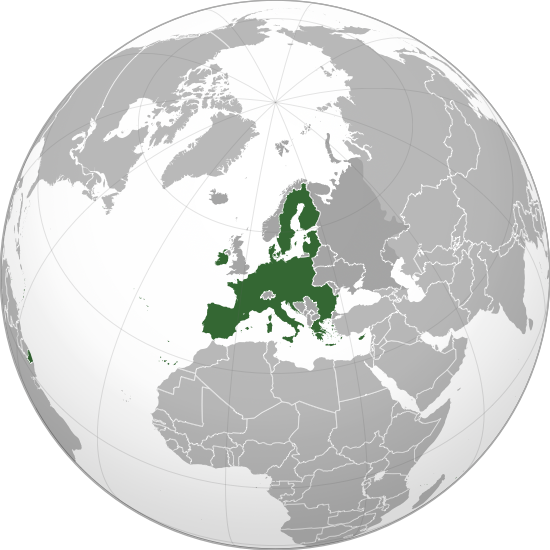Lowest earners most likely to lack access to mental healthcare
People in the lowest socioeconomic groups and with the least education have the highest unmet mental health needs, indicates research presented at the 2025 European Congress of Psychiatry.

MADRID — The least privileged and most poorly educated residents of the European Union (EU) are most likely to lack access to mental health service, and need financial aid ensure coverage for all, indicates survey.
The findings reveal “substantial and wide socioeconomic inequalities in unmet mental health care needs across the EU,” said lead investigator João Vasco Santos, MD, MPH, PhD, Public Health specialist, the University of Porto, Portugal.
He noted that, “while income inequality consistently impacts access, the role of education varies…Policymakers must prioritise strategies to ensure access to mental health services, enhance mental health literacy and improve service availability for vulnerable populations.”
Santos told Medical News Insider that “both income and low education are markers for broader disadvantage,” such as poor housing, unemployment, low literacy levels, stigma against mental illness and reduced access to services, all of which are “closely linked to mental health.”
“So although this work was focused on the financial constraints, that’s basically a marker of societal issues, particularly in terms of health inequalities.”
When it comes to tackling these issues, he pointed out that while the EU can offer recommendations to guide action and set targets, it does not run a health system and so cannot effect action on the ground.
And as the study shows, there are stark differences between countries, so national policies are needed to account for local conditions.
“The main things we need to consider are financial protection” for people with low incomes or chronic illnesses so they are exempt from co-payments, Santos said, and “coverage, coverage, coverage, including groups such as migrants, asylum seekers and so on.”
There also needs to be a greater focus on mental health in primary care, he added.
Wide disparities
The researchers studied data from the 2019 European Health Interview Survey of 26 EU countries, which includes modules on health status, health care use, health determinants, and socioeconomic background variables.
They found that the proportion of people in each country reporting that they had unmet mental health needs ranged from 1.1% in Romania to 27.8% in Portugal, with a median of 3.6% across all 26 counties.
In every country (apart from Hungary), the highest proportion of unmet mental health needs was found among people with the lowest level of income. The highest income inequality was seen in Greece, followed by countries such as Slovakia and Luxembourg.
Less educated people also had the highest unmet mental health needs in 15 of the countries, with the greatest disparities reported in Bulgaria and the lowest in the Netherlands. In contrast, people living in rural areas had the lowest unmet mental health needs in 21 of the countries surveyed. People in Romania were twice as likely to live in a rural area than in an urbanised zone.
Urgent need
“This research provides critical insights into the disparities in mental health care access across the EU, revealing a complex interplay of socioeconomic factors that influence an individual's ability to seek and receive necessary care,” said Julian Beezhold, MD, Secretary General of the European Psychiatric Association, and a consultant psychiatrist, at Norwich Medical School, University of East Anglia, Norwich, UK.
“It reinforces the importance of addressing these multifaceted socioeconomic factors, not just income, but also education and geographical location, to ensure truly equitable mental health services for all citizens.”
Beezhold, who was not involved in the study, added that the results also underline the “urgent need” for public health strategies that both increase the availability of mental health services and take down the systemic barriers that prevent access to services.
“This includes tackling stigma, promoting mental health literacy, and fostering culturally sensitive approaches that resonate with diverse communities within the EU,” he explained.
Santos is supported by a national grant through Fundação para a Ciência e a Tecnologia.
No relevant financial relationships declared.
Liam Andrew Davenport is a medical reporter with more than 20 years’ experience covering a wide range of specialties and topics in the field.




